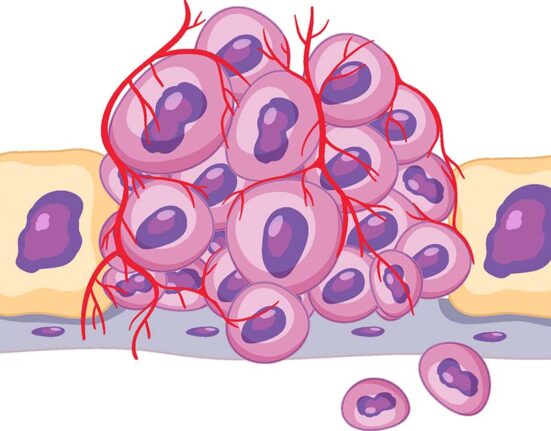What You Should Watch Out For
Early detection of cancer can improve the chances of successful treatment. Unfortunately, in the early-stage, there may not be any symptoms at all. However, once the cancer becomes more advanced, the patient might notice the following symptoms of breast cancer:
- A persistent lump or thickening in the breast or armpit area.
- A newly retracted nipple.
- A change in the colour or skin of the breast, areola or nipple.
- Bloody nipple discharge.
- A change in the size or shape of the breast.
If you experience any of the above symptoms of breast cancer, you should seek medical attention to understand what is causing them.
To improve the chances of early detection, women are encouraged to perform DIY breast self-examinations monthly beginning from the age of 20. In addition, women aged 40-49 are encouraged to go for mammogram screening once a year after discussing the benefits and limitations with their doctor and women above 50 years old are recommended to have a mammogram once every 2 years.
The Singapore Cancer Society offers mammography services – click here to make an appointment.
Mammogram services are also easily available at selected polyclinics across Singapore at a subsidised rate for all Singaporeans and Permanent Residents:
- National Healthcare Group (central region in Singapore)
- Singhealth Group (east)
- National University Health System (west)
[Updated 18 Oct 22]

This article is informative only and is not intended to be a substitute for professional medical advice, diagnosis, or treatment, and should never be relied upon for specific medical advice.
Protect against cancer, cardiovascular disease, and other chronic diseases with regular health screening. Compare and shop for health screenings from Singapore and regional healthcare providers at a single convenient platform - shop.health365.sg
This article is informative only and is not intended to be a substitute for professional medical advice, diagnosis, or treatment, and should never be relied upon for specific medical advice.
























































